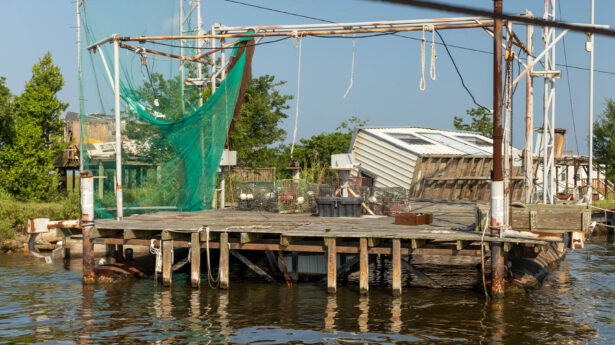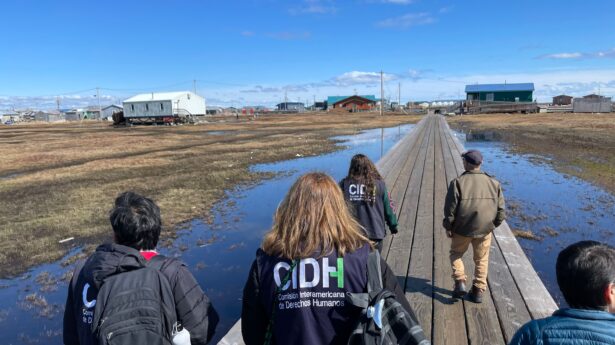The Unitarian Universalist Service Committee advances human rights through grassroots collaborations.
Indigenous Lives and The Climate Crisis: A Photo Essay Series (Part 2)
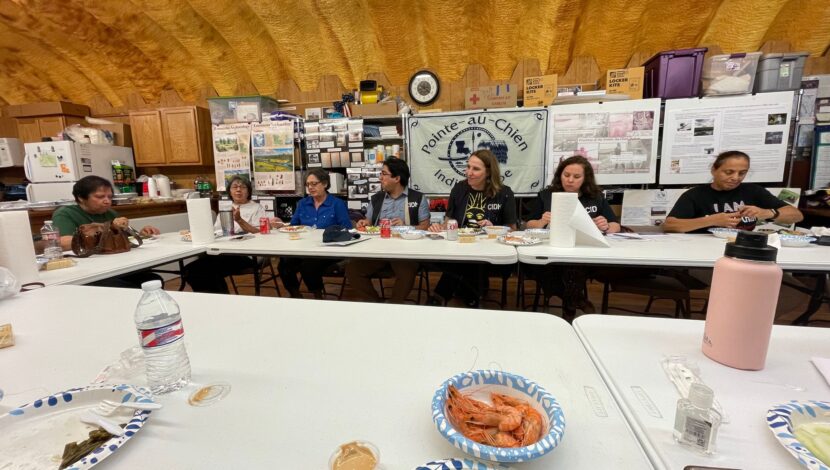
July 14, 2023
Click here to read part one of this series.
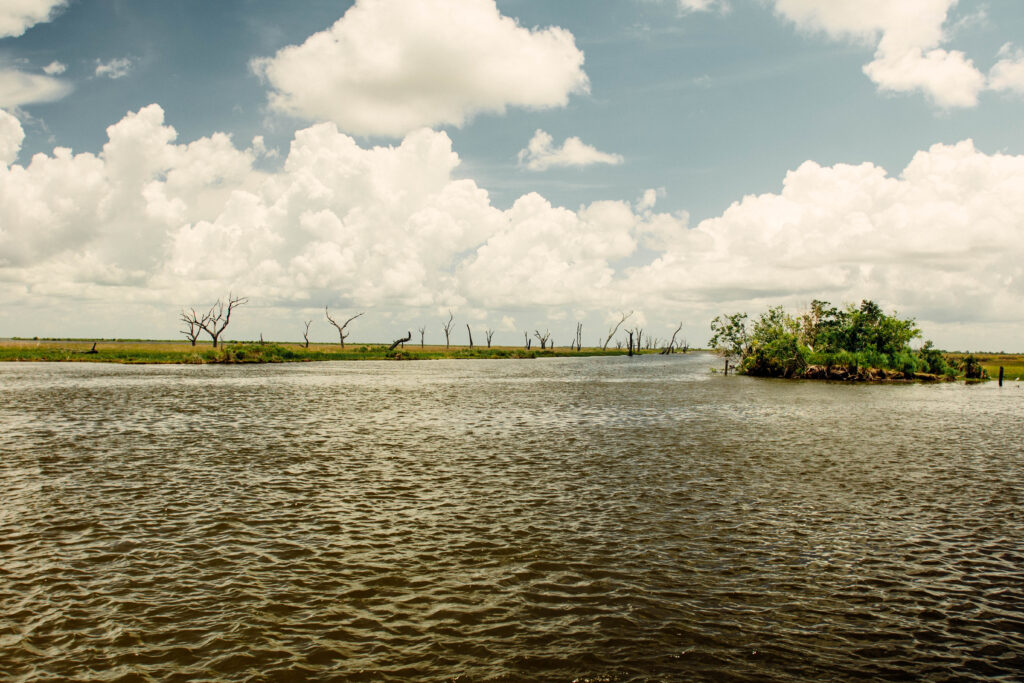
In the time it takes you to watch a movie, coastal Louisiana will lose about 300 feet of land to the ocean. Roughly every 100 minutes sea level rise and subsidence will claim a football field’s length and width of land in Louisiana. This rate of land loss is so dramatic that contemporary maps can’t keep pace with these rapid changes.
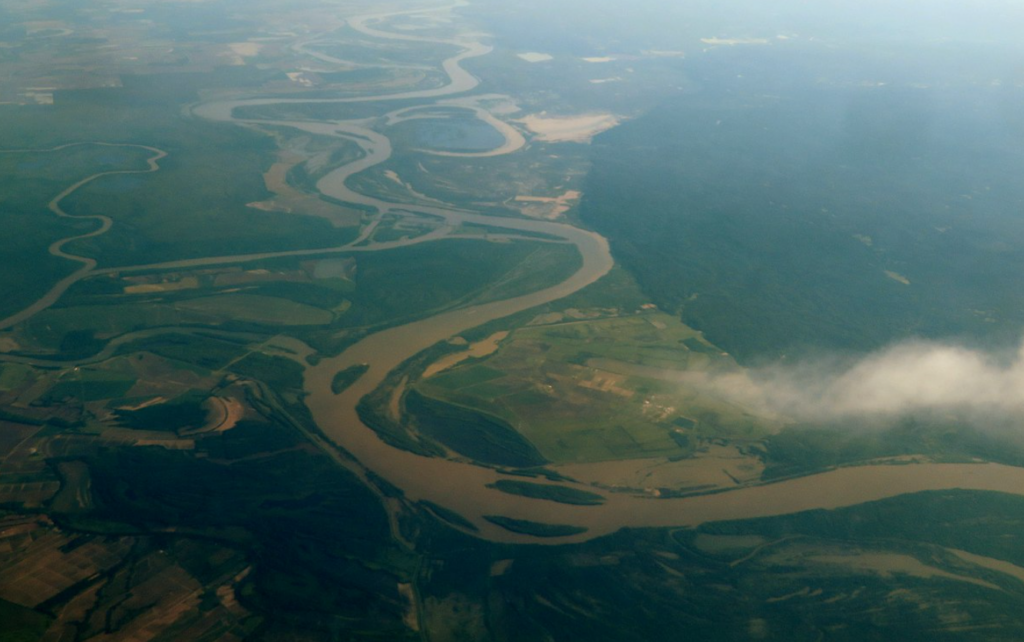
The Mississippi River sinks about four feet every 100 years—which inevitably alters the ecosystems that depend on this massive body of water, the second largest river in the continental United States.
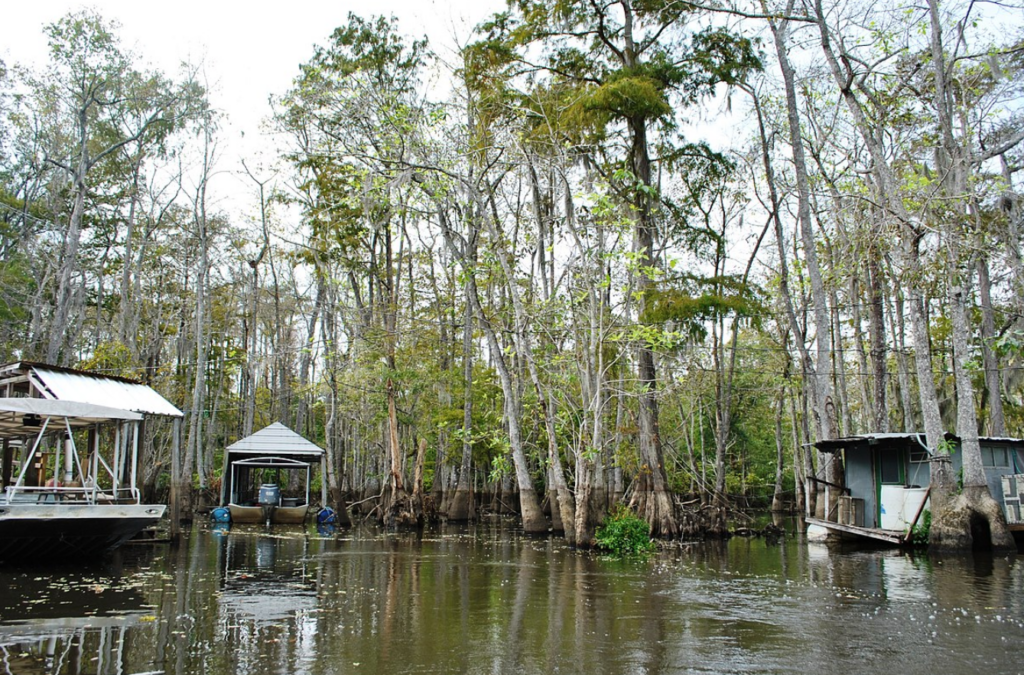
These are just two of any number of statistics about climate change in Louisiana and its impacts. The production of oil and gas pipelines, the sinking of soft sediment beneath the state’s coast, saltwater killing off entire plant species, displaced animal species consuming marsh grass, tree sap, and roots, and high greenhouse gas emissions are just a few of the human-made and natural causes that irreparably damage Louisiana’s coastal communities.
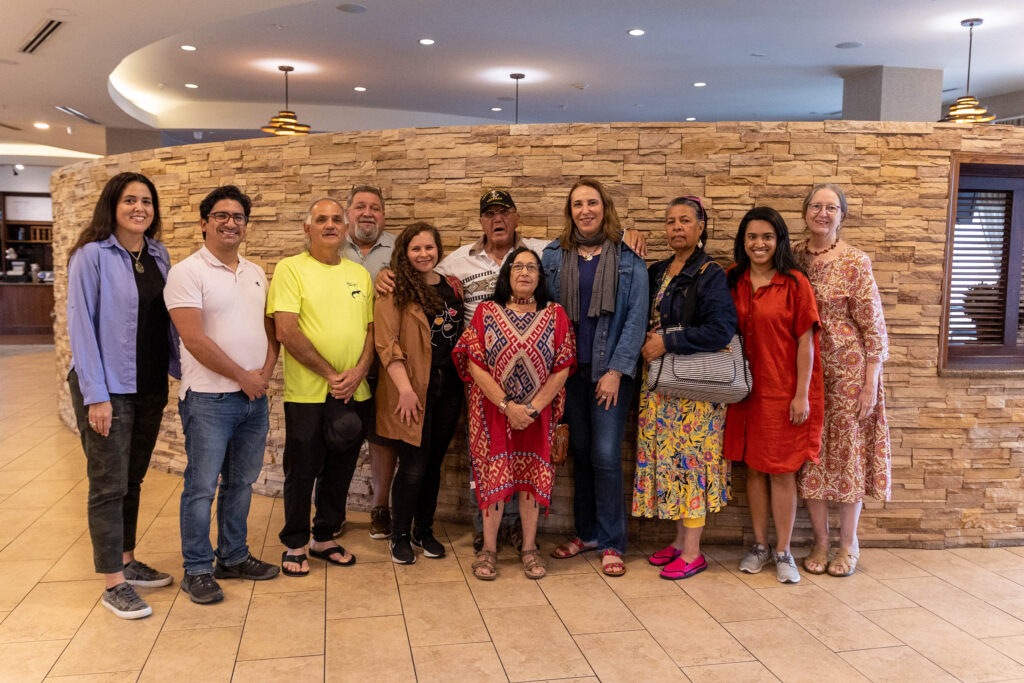
Indigenous communities are the ones that are suffering from these rapid changes. UUSC— through its partnership with the Lowlander Center—has built a number of relationships with tribes in southern Louisiana that regularly face these deadly impacts.
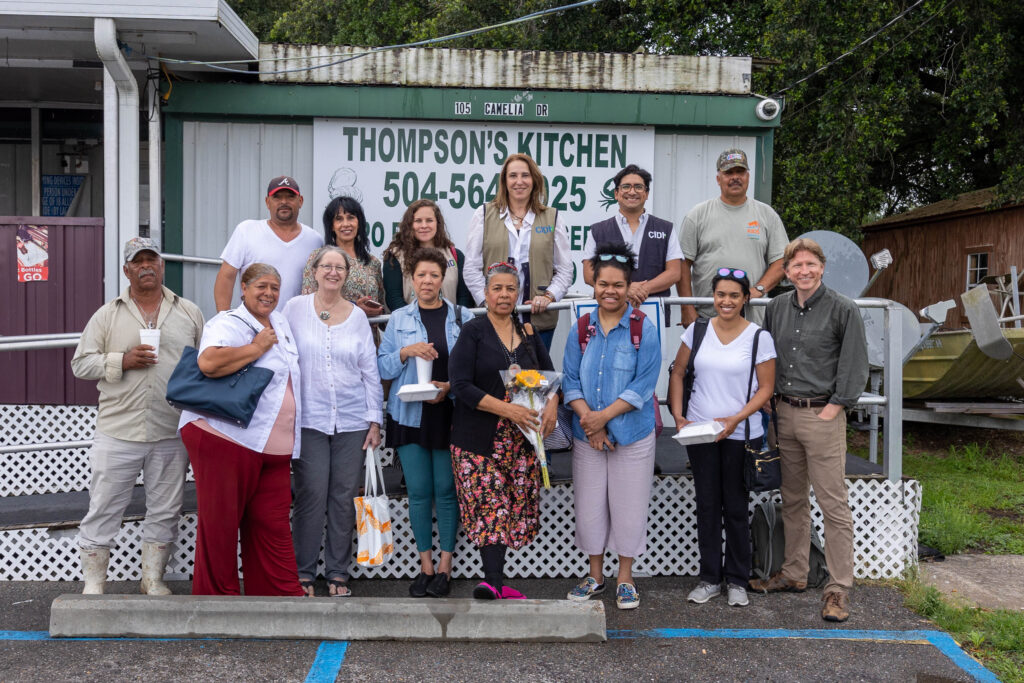
As noted earlier in this series, the Special Rapporteur for Economic, Social, Cultural, and Environmental Rights (REDESCA) of the Inter-American Commission for Human Rights (IACHR), visited Louisiana to learn more about these climate change impacts and the many repercussions they have on Indigenous communities. UUSC’s commitment to global solidarity calls us into solidarity with communities across the world to acknowledge our shared fate—and our commitments to each other.
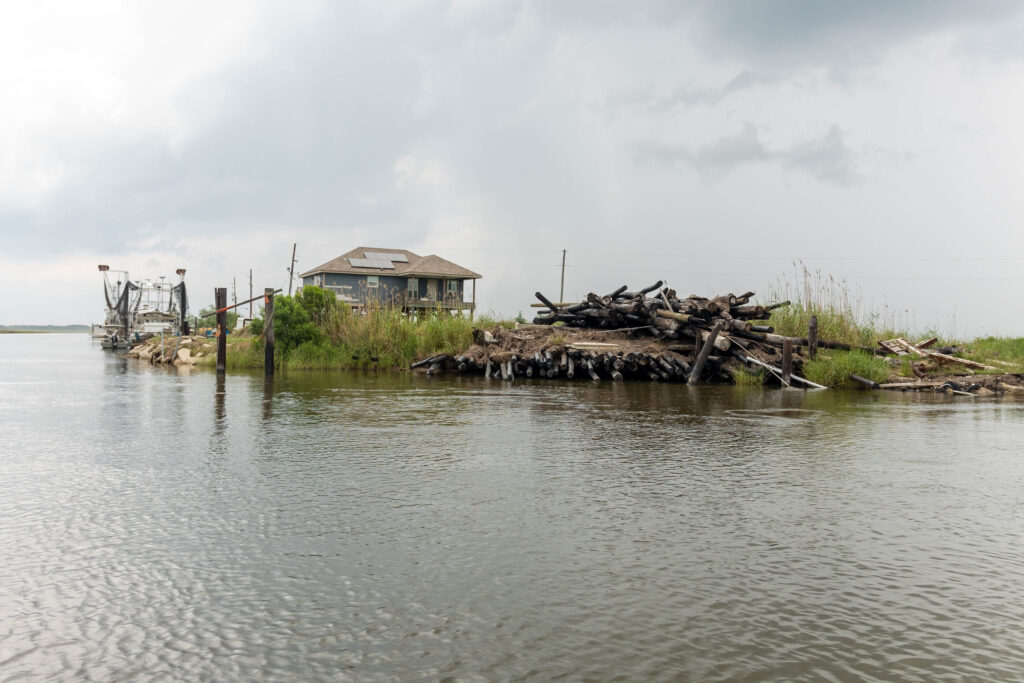
From her three-day visit, Soledad García Muñoz learned a number of things about the communities being impacted by the climate crisis:
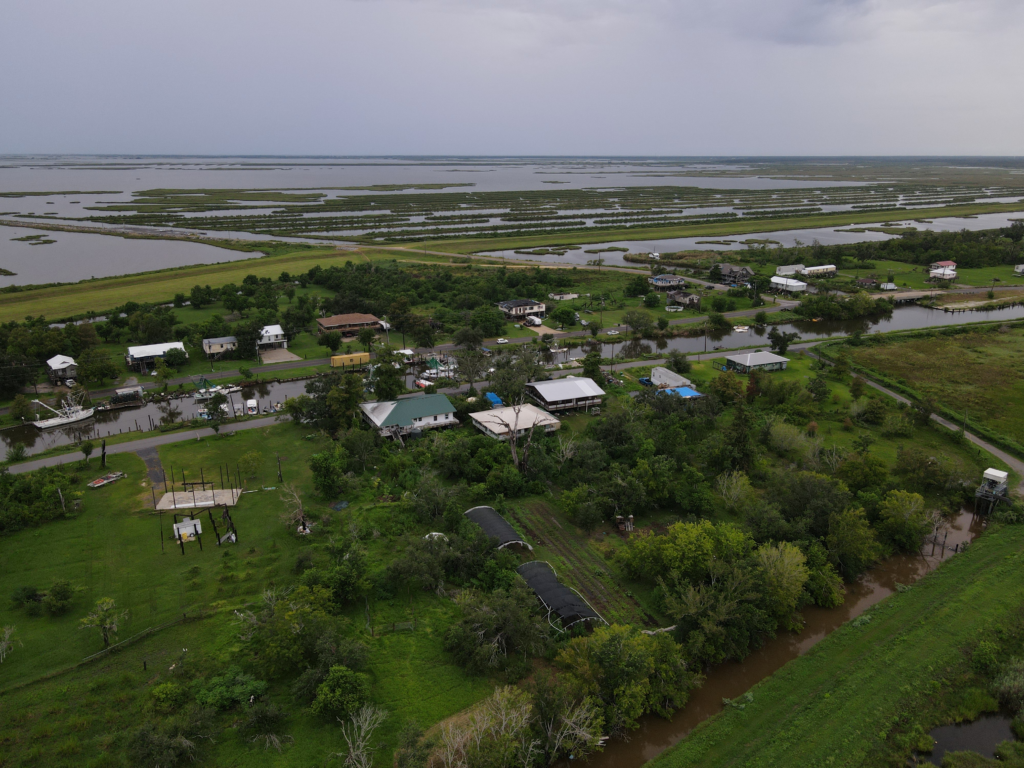
- Communities are being disrupted and displaced as a result of climate change;
- The economic impacts of climate change are costly as traditional forms of work such as fishing and shrimping have become more difficult;
- Future generations are inheriting communities where resources are rapidly depleting;
- Many are leaving coastal Louisiana for other communities for better economic opportunities and to protect their families; and
- The massive displacement of communities leads to cultural loss for many Indigenous groups
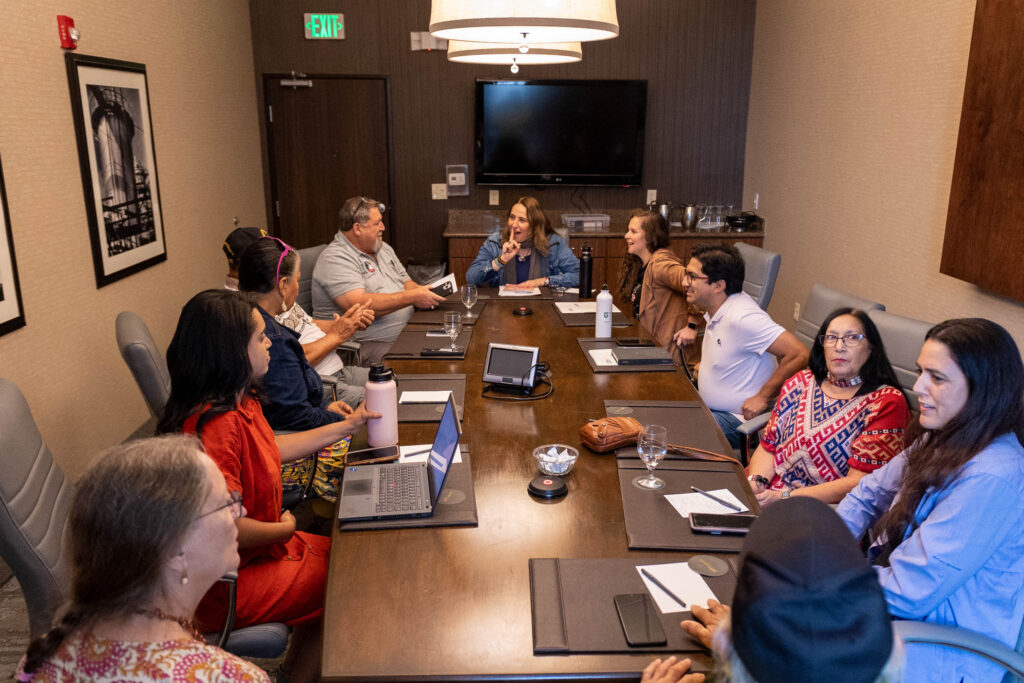
Tribal leaders from southern Louisiana spoke of their experiences, fears, and hopes for the future and are working tirelessly to advocate equitable solutions to the climate crisis and preservation of their economic, social, and cultural livelihoods.
UUSC continues its partnership with these communities and supports their efforts to call attention to climate injustice and solutions that can help address displacement.
In part three of this series, we will examine climate change impacts for those living in Alaskan coastal communities.
Image Credit: UUSC
